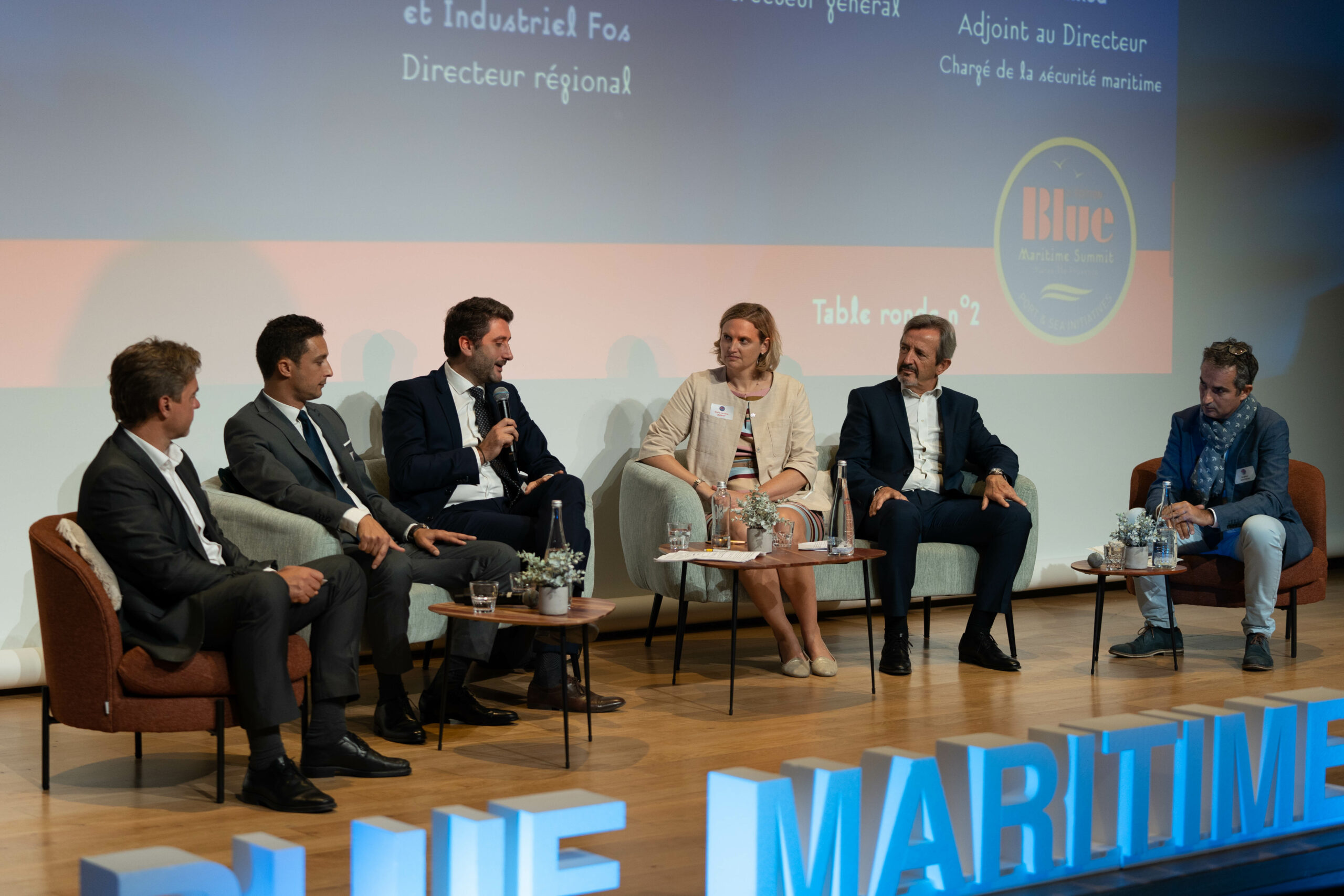CLIA cruise lines sign sustainable cruise charter
Cruise lines commit to accelerate sustainable development of activities in the Mediterranean
Hervé Berville, Secretary of State to the Prime Minister, with responsibility for the Ocean, and CLIA member cruise lines operating in the Mediterranean signed the Sustainable Cruise Charter on the occasion of the Blue Maritime Summit in Marseille.
Environmental innovation in the maritime sector and in particular in cruising, such as the advanced treatment of wastewater on board, shoreside electricity connection, and the use of alternative fuel (LNG), is part of the necessary steps towards the decarbonisation of maritime transport, essential to achieving our carbon neutrality objectives. This is why, under the impetus of the State Secretary, the cruise lines have reaffirmed their commitment through a Charter built around thirteen concrete actions that will strengthen efforts already undertaken to improve their environmental footprint in the Mediterranean.
Environmental innovation in the maritime sector and in particular in cruising, such as the advanced treatment of wastewater on board, shoreside electricity connection, and the use of alternative fuel (LNG), is part of the necessary steps towards the decarbonisation of maritime transport, essential to achieving our carbon neutrality objectives. This is why, under the impetus of the State Secretary, the cruise lines have reaffirmed their commitment through a Charter built around thirteen concrete actions that will strengthen efforts already undertaken to improve their environmental footprint in the Mediterranean.
This Charter is unprecedented, not only by the very broad scope of the agreement covered, but also by the voluntary nature of these measures. And finally, by the geographical scope covered by the commitments: this is the first time that an agreement includes all French ports in the Mediterranean.
The measures included in the Charter go further than existing regulations. The State and cruise lines wanted to voluntarily anticipate measures that will only come into force for all players in the maritime sector from January 2025. Thus, the reduction of greenhouse gas emissions by ships through use of fuel with reduced sulphur content will be implemented from 2023. In addition, cruise ships will adapt their activity in the event of a pollution peak on land.
This charter is fully in line with the Government’s ambition to make environmental innovations a lever for the reindustrialisation of France. Indeed, 93% of cruise ships are built in European shipyards, where they represent 80% of the value of order books. With €10 billion in investments over the next five years in France, these commitments contribute to the dynamism of the country’s shipbuilding industry and stimulate environmental innovation for all maritime sectors.
*At the signing of the Sustainable Cruise Charter, State Secretary, Hervé Berville, said:
“The Government wanted a strong and concrete initiative that engages the entire sector. These efforts by shipowners will contribute to the achievement of environmental objectives in the Mediterranean. This collaboration, which is a step towards the decarbonisation of ships and therefore towards the “Zero Emission Ship”, will also contribute to the competitiveness of our shipyards, which will be able to benefit internationally from innovations in the design and manufacture of even more efficient ships. “
Marie-Caroline Laurent, CLIA’s Director General in Europe, added: “The cruise industry has already taken strong measures to achieve its objectives and this Charter, desired by the entire sector, accelerates its implementation. In addition, the State’s commitment is a signal that not only recognises and supports existing efforts but the requirements for investment in sustainable fuels and technologies. ”
*Translation from original


